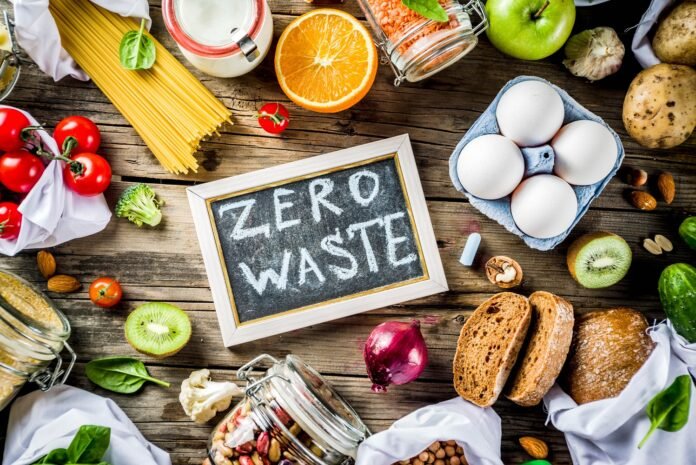
Food waste has become a pressing global challenge with far-reaching social, economic, and environmental consequences. This article explores the initiatives and solutions aimed at addressing food waste, highlighting the importance of sustainable food systems and innovative approaches to tackle this issue.
Food waste refers to the discarding of edible food, whether at the production, distribution, or consumption stages. It is estimated that around one-third of all food produced globally is wasted. This not only squanders valuable resources but also contributes to greenhouse gas emissions, loss of biodiversity, and food insecurity.
One key initiative to combat food waste is the promotion of sustainable food systems. This involves adopting practices that prioritize reducing food loss and waste throughout the supply chain. By optimizing storage, transportation, and processing methods, and implementing efficient inventory management systems, food waste can be minimized.
Food recovery and redistribution programs play a vital role in addressing food waste. These initiatives involve collecting surplus food from restaurants, supermarkets, and other sources and redistributing it to those in need. Food banks, charities, and community organizations play a crucial role in facilitating the collection and redistribution of surplus food, ensuring it reaches vulnerable populations.
Composting is another effective solution to food waste. Food scraps and organic waste can be composted, converting them into nutrient-rich soil amendments. Composting not only reduces the amount of food waste sent to landfills but also helps to enrich soil health, promote sustainable agriculture, and close the nutrient loop in the food system.
Prevention is key in tackling food waste. By raising awareness and implementing behavior change campaigns, individuals and businesses can adopt practices that minimize waste generation. This includes meal planning, proper storage, portion control, and utilizing leftovers creatively. Additionally, improved labeling and expiration date practices can reduce unnecessary discarding of perfectly good food.
Innovative solutions are emerging to address food waste at various stages of the supply chain. Technologies such as smart sensors, data analytics, and artificial intelligence can optimize inventory management, improve demand forecasting, and reduce overproduction. Some innovative approaches include converting food waste into bioenergy, animal feed, or other value-added products.
A circular economy approach is gaining traction in the fight against food waste. This approach aims to create a closed-loop system where food waste is minimized, and by-products are repurposed and utilized efficiently. This involves designing products and packaging for recyclability, implementing waste-to-energy initiatives, and fostering collaboration among stakeholders across the food value chain.
To effectively address food waste, collaboration among governments, businesses, nonprofits, and consumers is essential. Governments can implement supportive policies, such as tax incentives or regulations on food waste management. Businesses can commit to food waste reduction targets and invest in sustainable practices. Consumers can make conscious choices, reduce personal food waste, and support businesses with sustainable practices.
Addressing food waste requires a comprehensive approach that encompasses sustainable food systems, food recovery, prevention, innovative solutions, and a circular economy mindset. By implementing these initiatives and working together, we can reduce food waste, minimize environmental impacts, alleviate food insecurity, and build a more sustainable and resilient food system.


